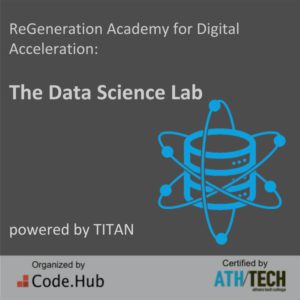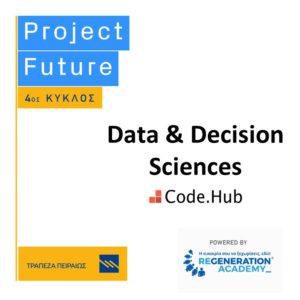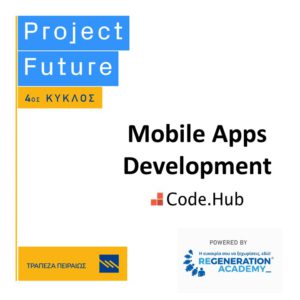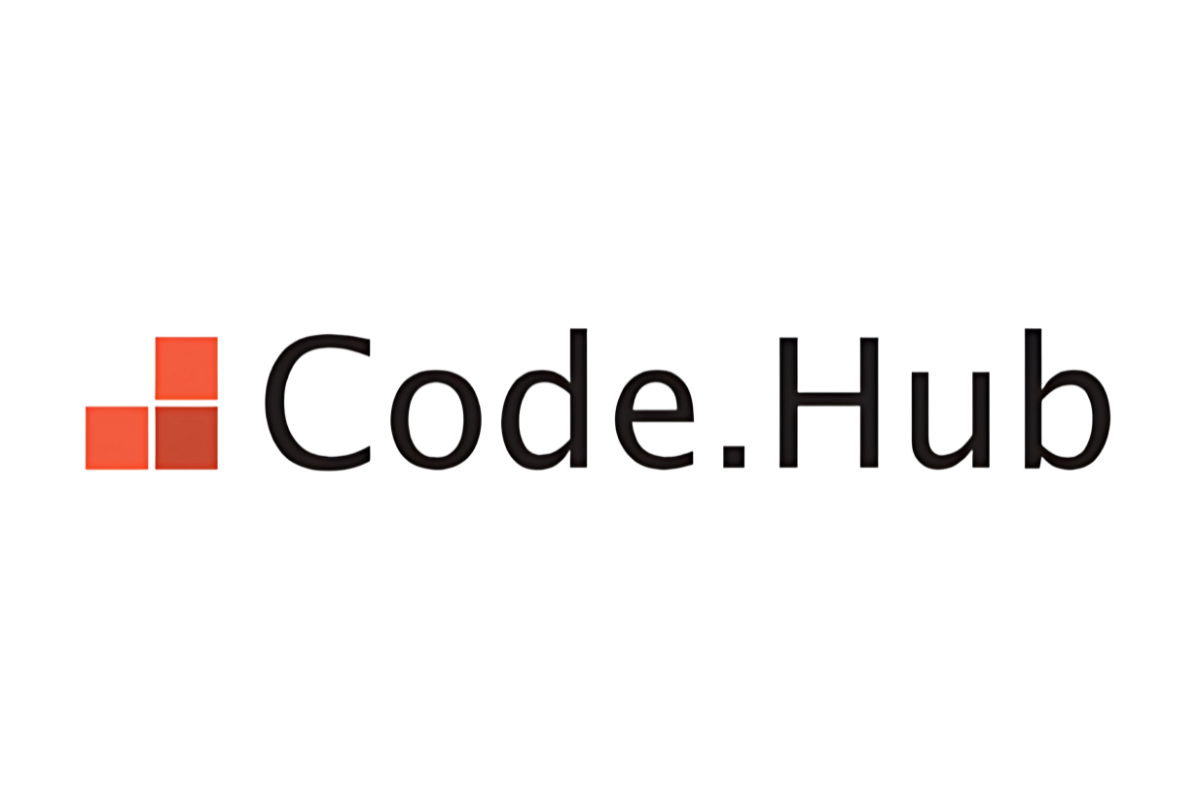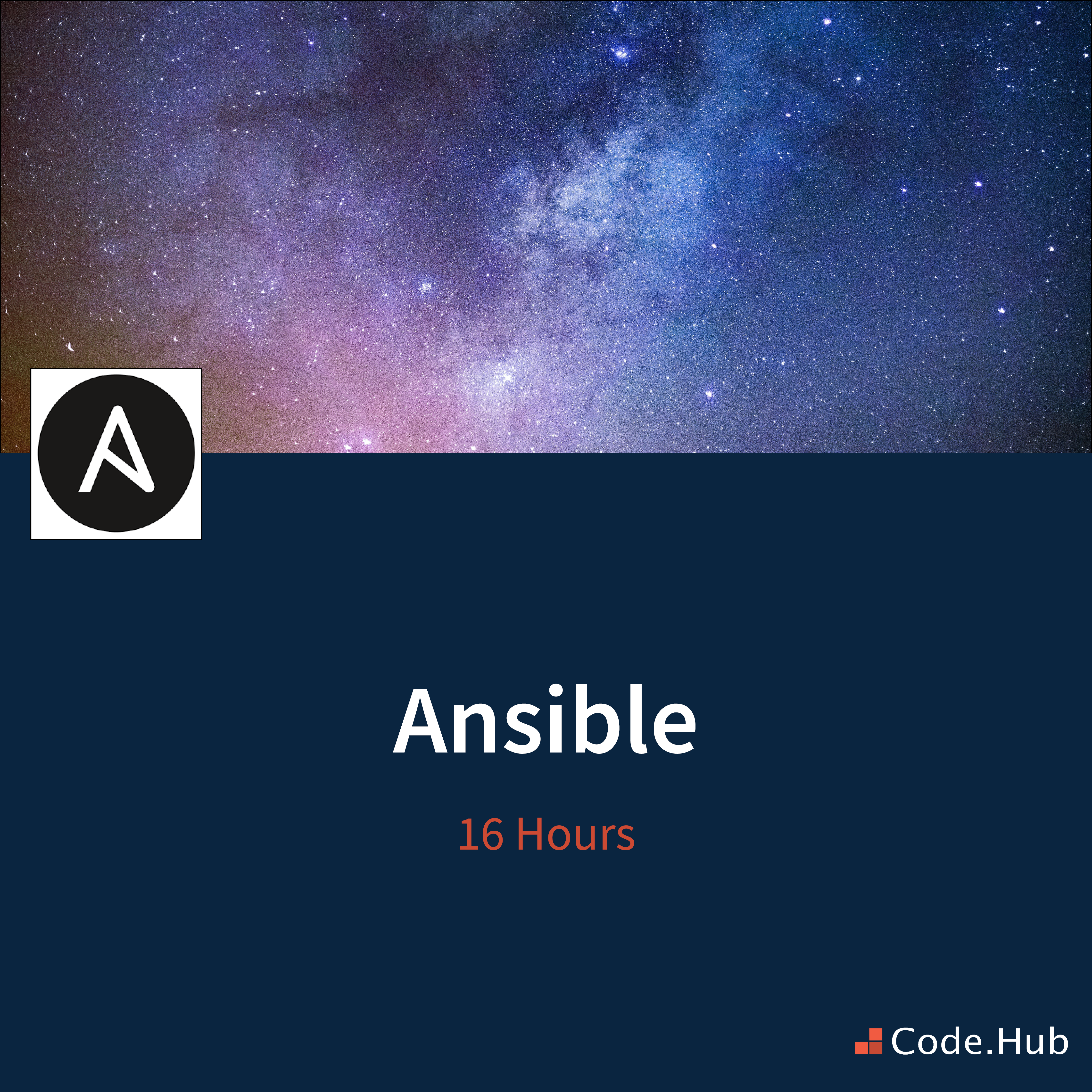
Ansible
Description
Ansible is an open-source automation and infrastructure-as-a-code solution introduced in 2012 and acquired by Red Hat in 2015. Ansible is a Python-based tool available for almost every Unix-related environment, including multiple Linux distributions and BSD as well as Windows with WSL. Through its ease of use and powerful agentless architecture, Ansible can become not only a convenience but also a strategic advantage for achieving optimal scalability, efficiency, performance, and management in IT stacks.
Managing Infrastructure and Application Deployments in an automated way is one of the key skills for every professional in the DevOps/Sysadmin world. As complexity increases, tools that will provide a higher level of automation and minimize manual intervention are now a necessity more than ever before.
The Code.Learn Mastering Ansible program, designed in exclusive collaboration with Athens Tech College, provides knowledge for one of the most prominent tools in this area with unique features combined with simplicity and low learning curve that have helped render it as one of the most sought-after skills in the industry. Participants will learn how to configure, manage and use Ansible to install and control software on servers, deploy fully-configured applications as well as provision servers with pre-defined environments as needed.
Key Objectives
The key learning objectives of this program can be summarized as follows:
- Introduction & Comparison with Other Software
- Installation Methods
- Setup connection with managed hosts
- Inventory (static)
- Ad-Hoc commands
- Commonly used modules
- Playbooks
- Roles
- Templates
- Conditionals
- Loops
- Security with Ansible Vault
- Managing Cloud environments with Ansible
- Inventory (dynamic)
- Managing Docker containers with Ansible (Introduction)
- Best Practices
Target Audience
Higher education graduates in one of the following fields:
- Computer Science
- Ιnformatics
- Software Engineering
- Web and Mobile Development
- Computer Engineering
- or any other relevant area
Prerequisite Knowledge
Some familiarity with Linux and Cloud providers will be beneficial.
Classroom
Sessions can be carried out:
- Live in a physical classroom
- Live online through video conferencing environments
- Using a Hybrid combination of both live physical and online approaches
The teaching method will depend on the conditions at the time the training will run and on the participants’ preferences.
- PREMISES: Code.Hub Training Center Leof. Alexandras 205, Athina 115 23

